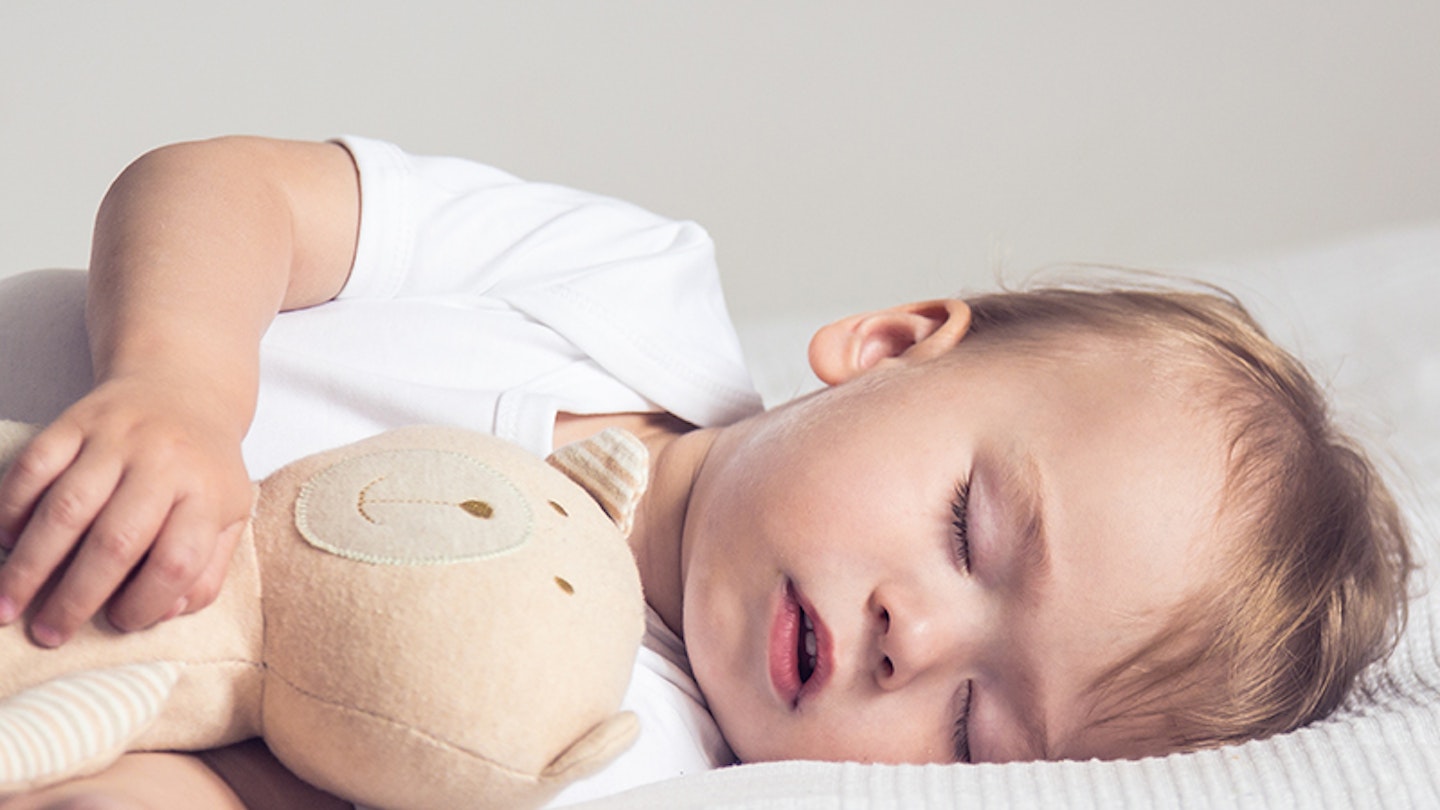We know bedtime for your kids can be anything but a dream. Getting the little ones into a usual bedtime routine is easier said than done! To help you along the way we’ve crafted some different tips, tricks and hacks to help you get your little ones to drift off to sleep.
From getting them a bedtime pal, to creating a bedtime routine and the new apps helping you along the way.
Here are 10 tips to help your little one fall asleep...
Get your little one to fall asleep
 1 of 10
1 of 101. Set a consistent bedtime routine
Children thrive with routine, so make sure you have a set plan before bed, whether this is bath or story time, they’ll know what the next step is and will be prepared for it. It won’t take long for your child’s body to automatically start getting tired throughout this routine as they prepare for bed.
 2 of 10
2 of 102) Turn off the TV at least two hours before bedtime
Over stimulating children with TV and games will be sure to keep their brain too active to calm down and drift off to sleep. Give at least two hours before bedtime before shutting of the TV, this time can be used for going through the routine steps above.
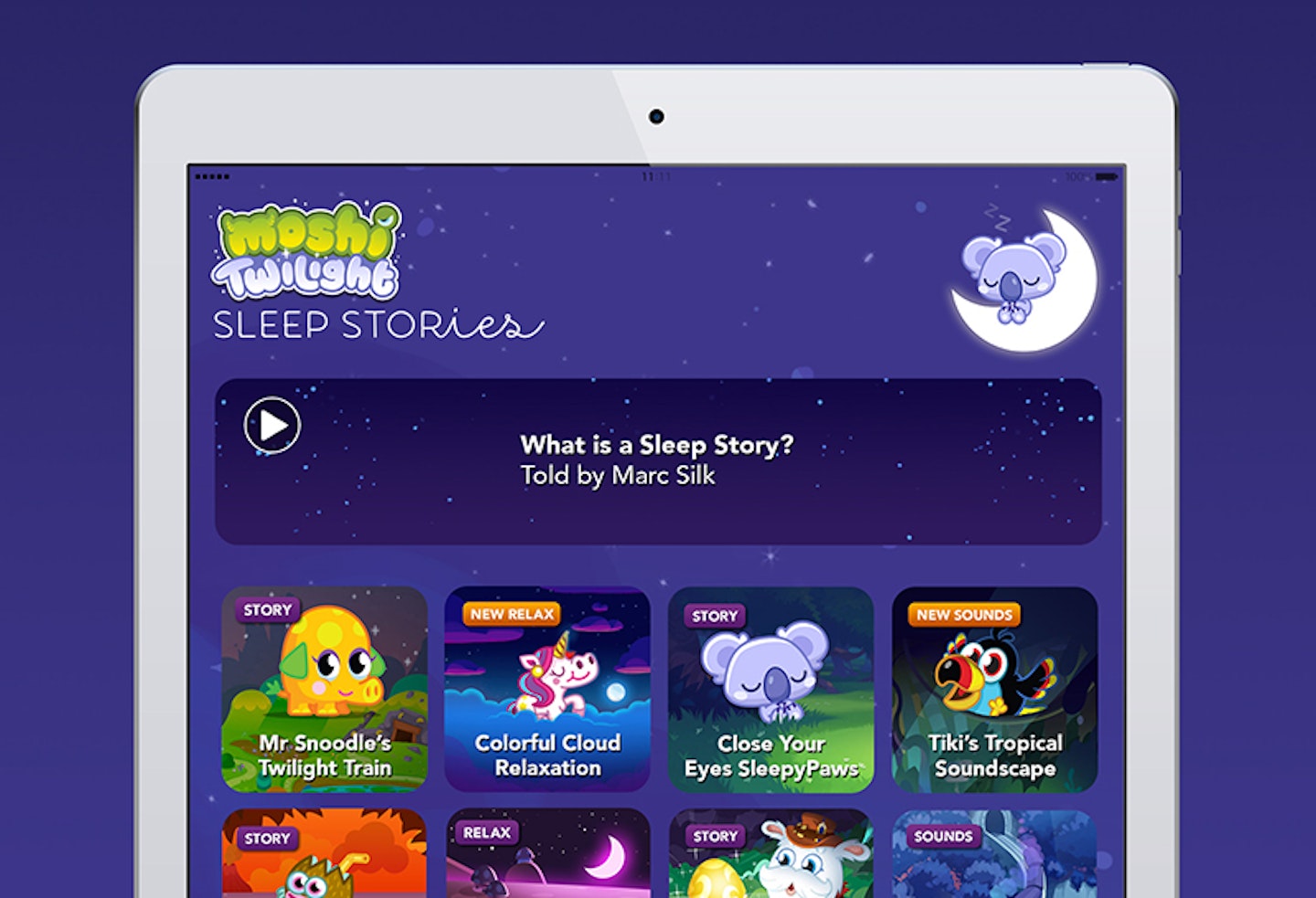 3 of 10
3 of 103. Apps are your new best friend
Once your kids are ready for lights out, this final part of bedtime can often be the trickiest. Try the Moshi Twilight Sleep Stories app, it combines audio sleep stories with relaxing music and sounds meaning you can lock your phone or tablet so there is no ambient 'blue' light it the room as the stories play. Each Moshi Twilight Story combines a melodic narrative with relaxing and soothing soundscapes to send your child off into a naturally induced sleep through the pace of the stories, with the audio gently slowing down in rhythm as the stories progress
 4 of 10
4 of 104. Create a bedtime environment
Your child’s bedroom is where they play, read, sleep and spend a significant amount of time. Help them differentiate bed time from the rest of the time they spend in their bedroom. When tucking them into bed keep the room dark, however a use of a night-light might be needed.
 5 of 10
5 of 105. Teddy bears come in handy
Facing bed-time alone can be daunting for kids, arm them against the monsters under the bed with a teddy bear. This will help them feel comforted and help them drift off to sleep quicker.
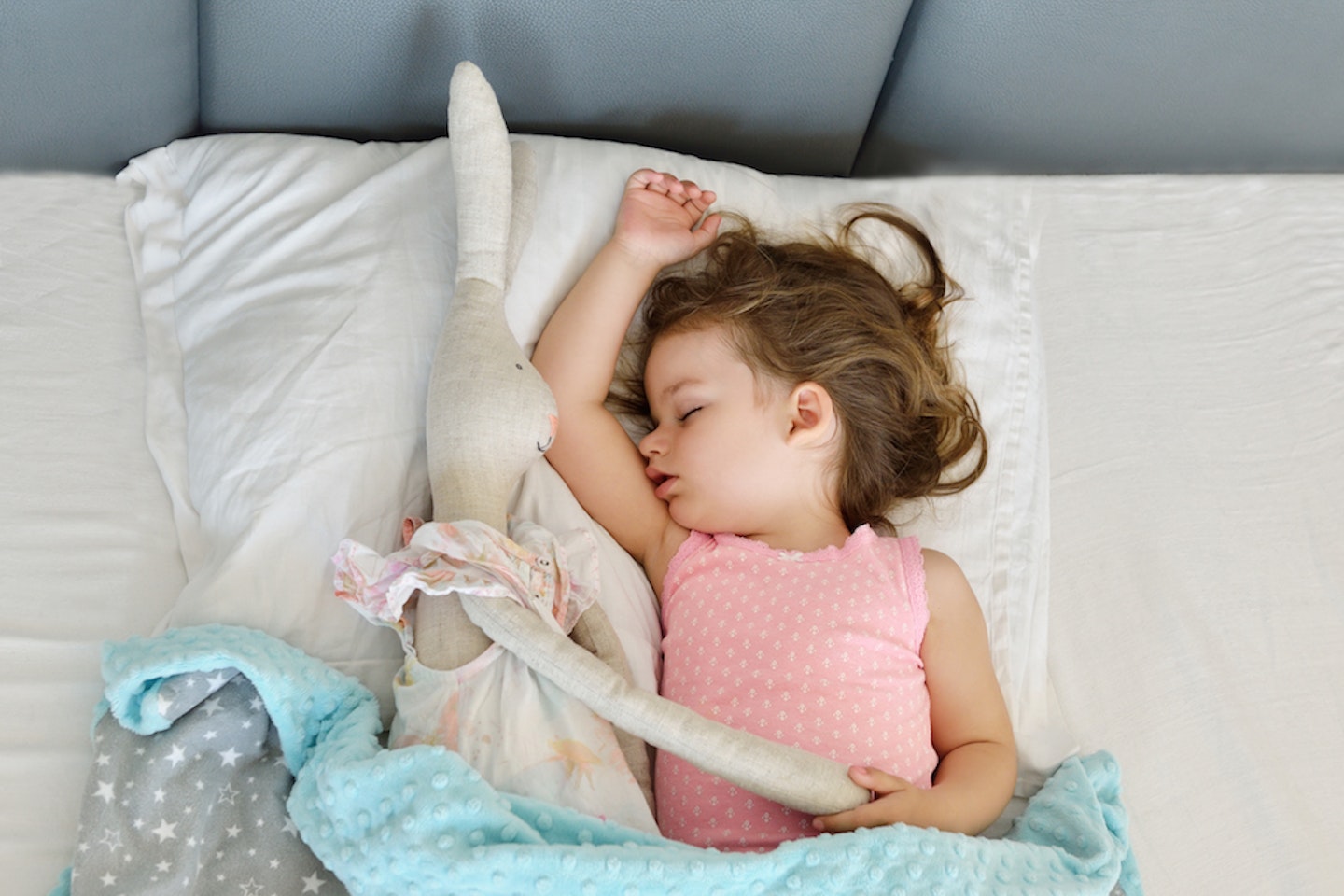 6 of 10
6 of 106. Make sure they get exercise - but not too close to bedtime
Ensure your child is getting the right amount of exercise, meaning they’ll be tired out by the end of the day and asking to go to bed! Be cautious not let them exercise too close to bedtime, this will give them more energy and it’ll be far harder to get them to sleep.
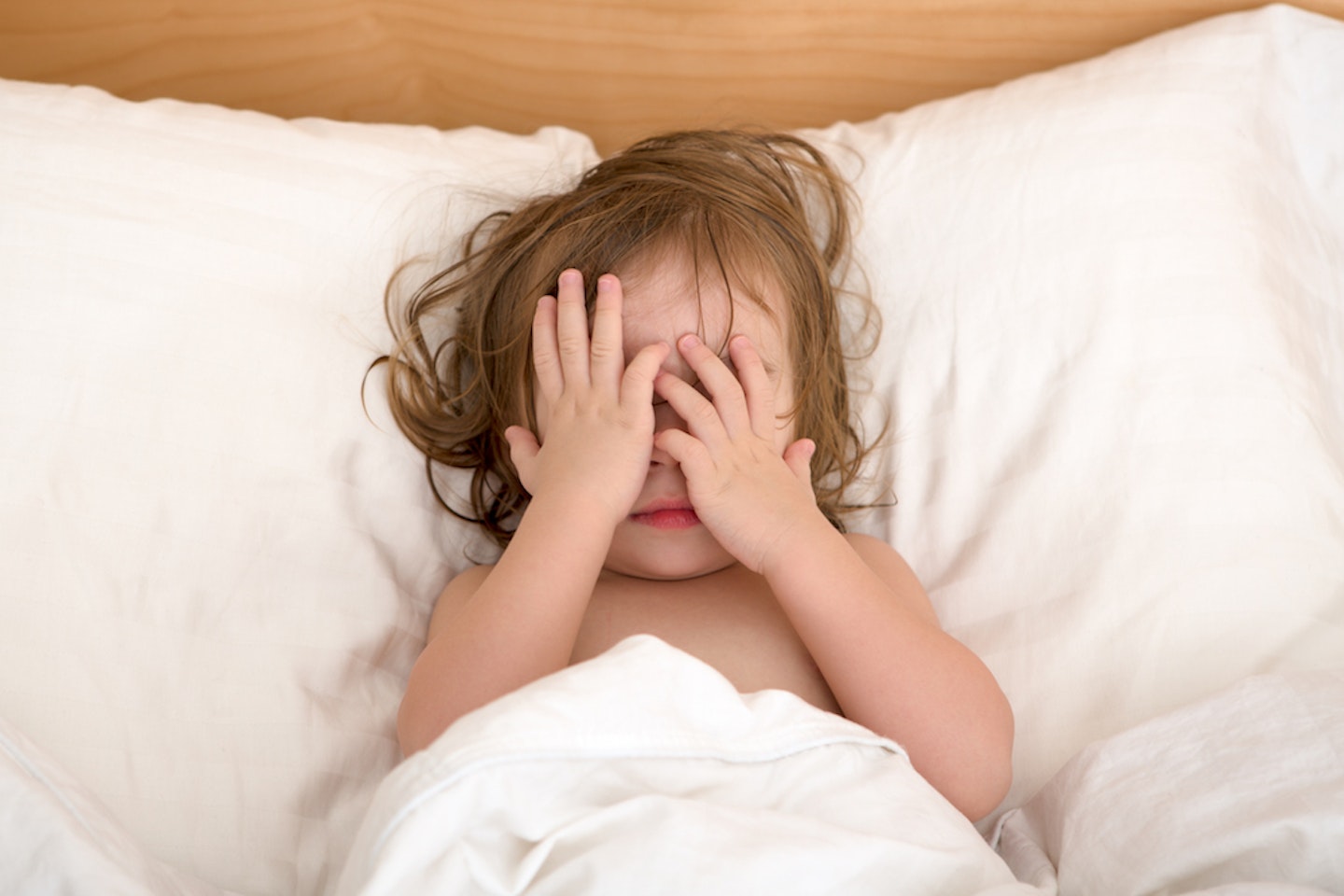 7 of 10
7 of 107. Reserve the bed for sleeping only
You want your child to associate good memories and feelings with their bedroom. But you also want your child to associate their bed with sleeping only, meaning when it comes to bedtime they will start feeling sleepy once in their bed. Ensure reading and other activities are done in other areas of their bedroom - perhaps get a bean bag chair or rug for them to play with their toys on.
 8 of 10
8 of 108. Avoid big meals close to bedtime
You never want to send your child to bed hungry, light snacks of fruit and porridge are fine to give them a full tummy. Avoid big meals right before bedtime, this will provide them with more energy and they’ll end up wanting to play rather than sleep.
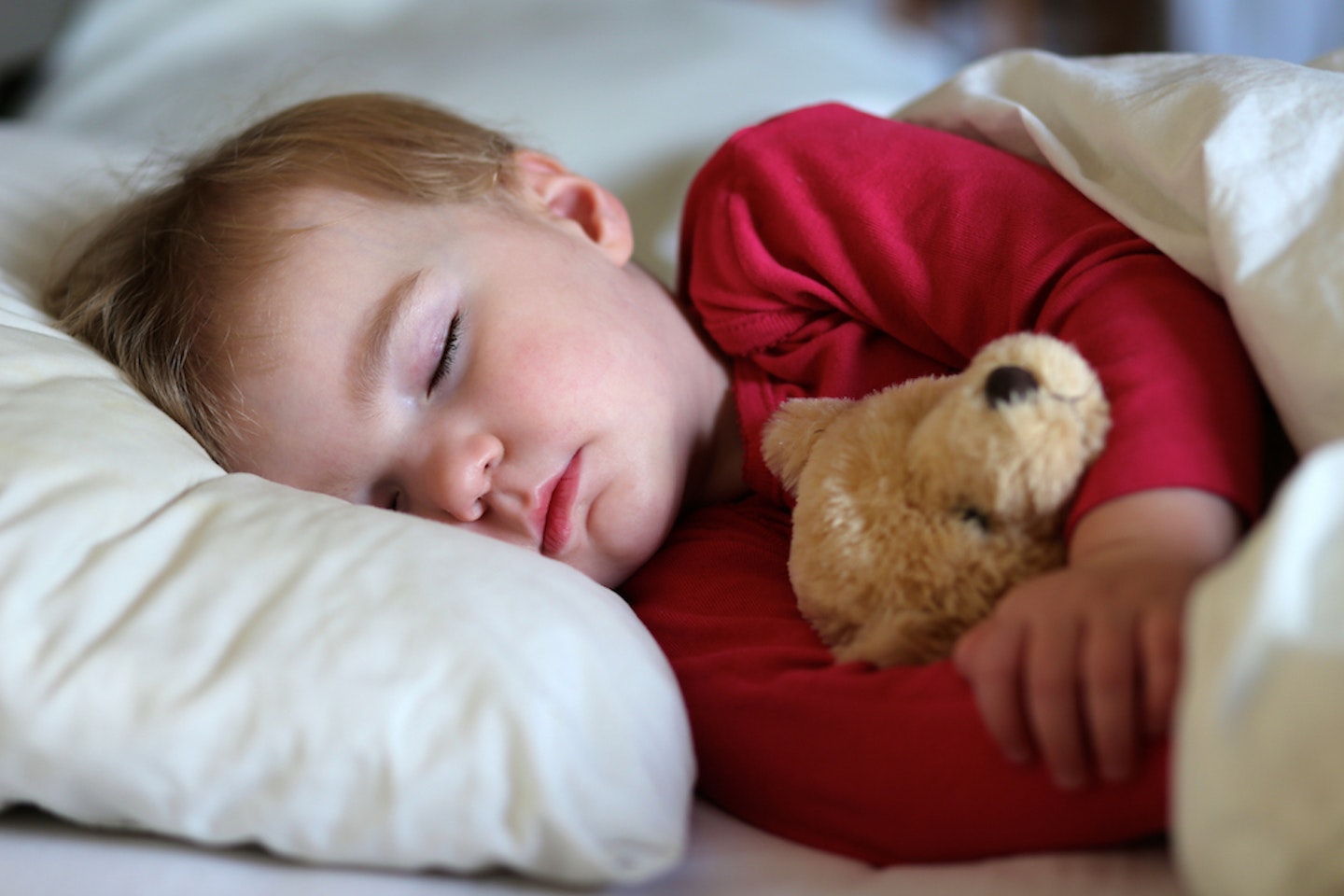 9 of 10
9 of 109. Keep the room cool
The room needs to be at the optimum temperature for your child to drift off to sleep easily, too hot and they’ll be tossing and turning all night but too cold and they’ll be shivering. Keep the room nice and cool and give them extra blankets and layers so they can control their temperature.
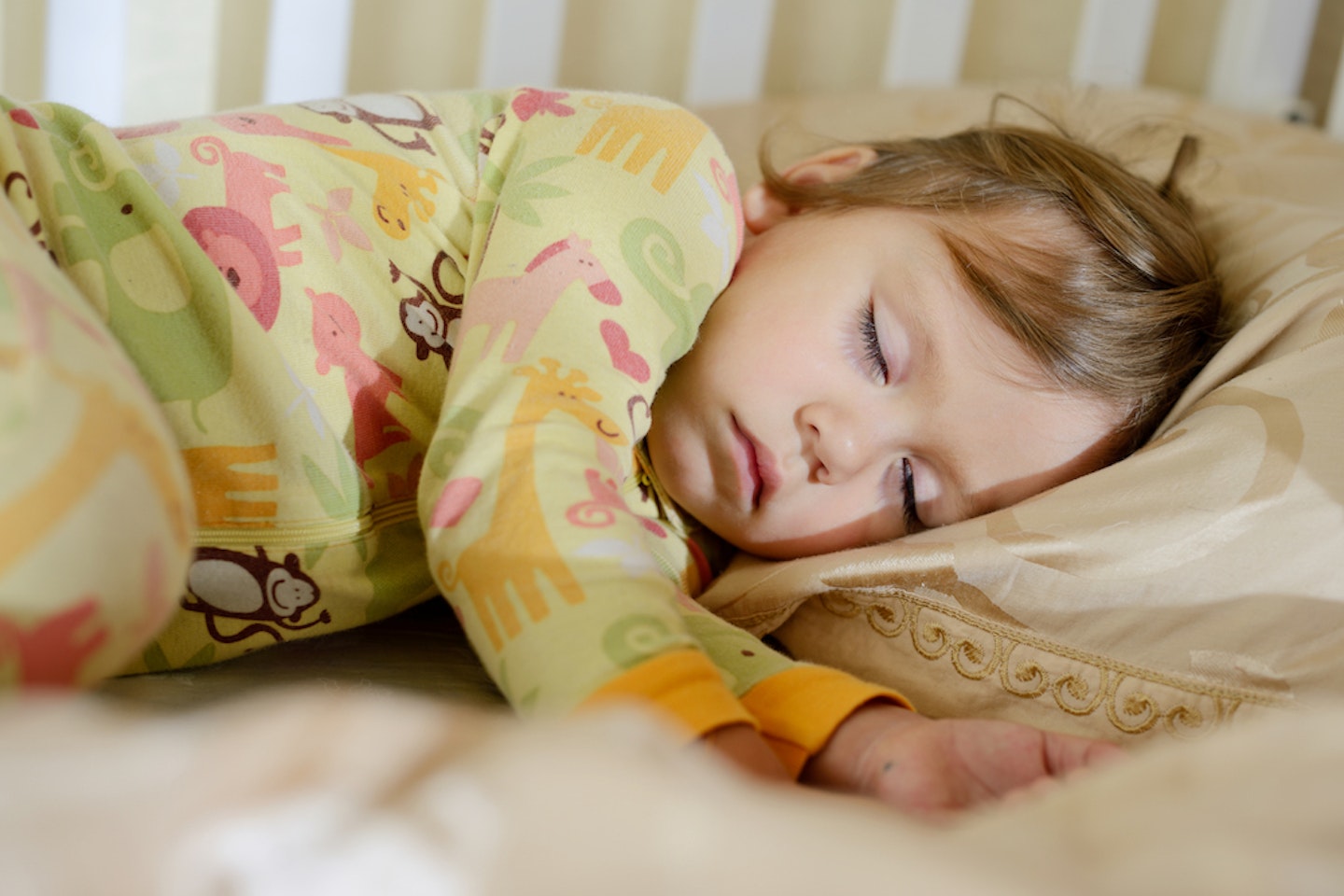 10 of 10
10 of 1010. Communicate
Give your child an advanced warning on when their bedtime is and how far away that time is, importantly that bedtime is not for negotiation.
Now read:
